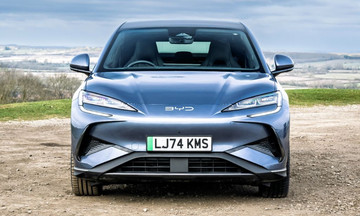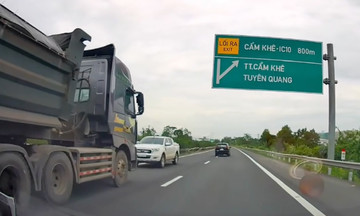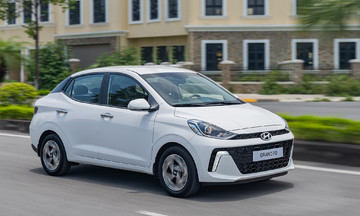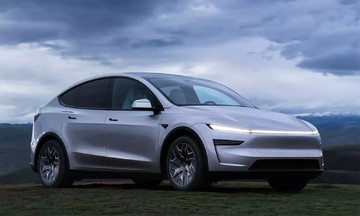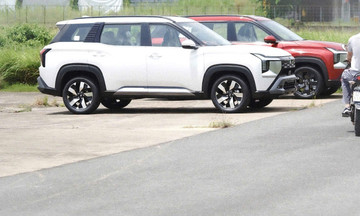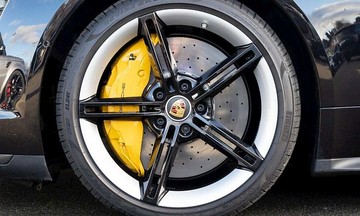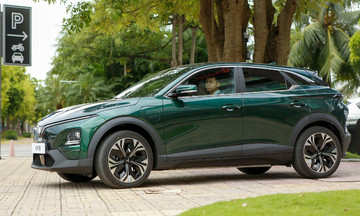During a test at the V1 racetrack in Tianjin, a Xiaomi YU7 Max experienced a brake system issue, reigniting concerns about the thermal limits of EV brake systems. After several high-speed laps, the front brakes exceeded 619°C, with smoke emanating from the wheel rims and flames from the front brake caliper. The driver pulled over safely, and no further damage occurred.
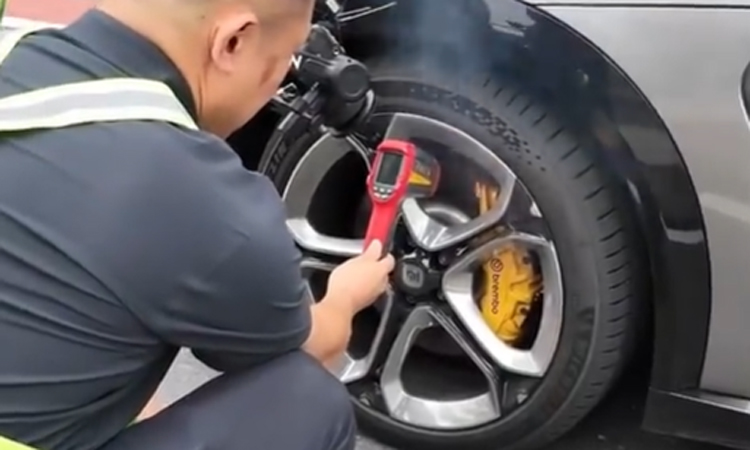 |
Xiaomi addressed the incident in an online Q&A, confirming the car stopped without a cool-down lap after a warm-up lap and a fast lap, leading to excessive heat buildup. Cool-down laps, or slow laps, in racing are performed after a race or practice session, primarily to allow components like the engine and brakes to cool.
According to Xiaomi, the fire originated from organic material in the low-metallic brake pads, which can briefly ignite at temperatures above 600°C. The company emphasized that despite the flames, the braking system remained fully functional, with no loss of performance or safety issues.
Weighing approximately 2.3 tons with high power output, the YU7 Max generates considerable brake heat under extreme driving conditions. Xiaomi cautioned that its cars are not designed for racetrack use in their standard configuration. Racing mechanics advise enthusiasts to upgrade brake components, including brake pads, rotors, and cooling systems, and fully understand the car's performance limits before engaging in high-speed runs.
The incident occurred amidst high demand for the YU7. Xiaomi reported 289,000 orders within an hour of its launch, essentially exhausting production capacity until early 2027.
Xiaomi's Beijing factory comprises two production phases: F1, operational since 3/2024, and F2, slated to begin mass production in July, each with an annual capacity of 150,000 vehicles. The company has also acquired land for a third phase (F3), but no timeline has been revealed.
Balancing production of the YU7 and SU7 remains a challenge. The waiting time for the SU7 Pro model currently exceeds 47 weeks.
My Anh (CarNewsChina)




